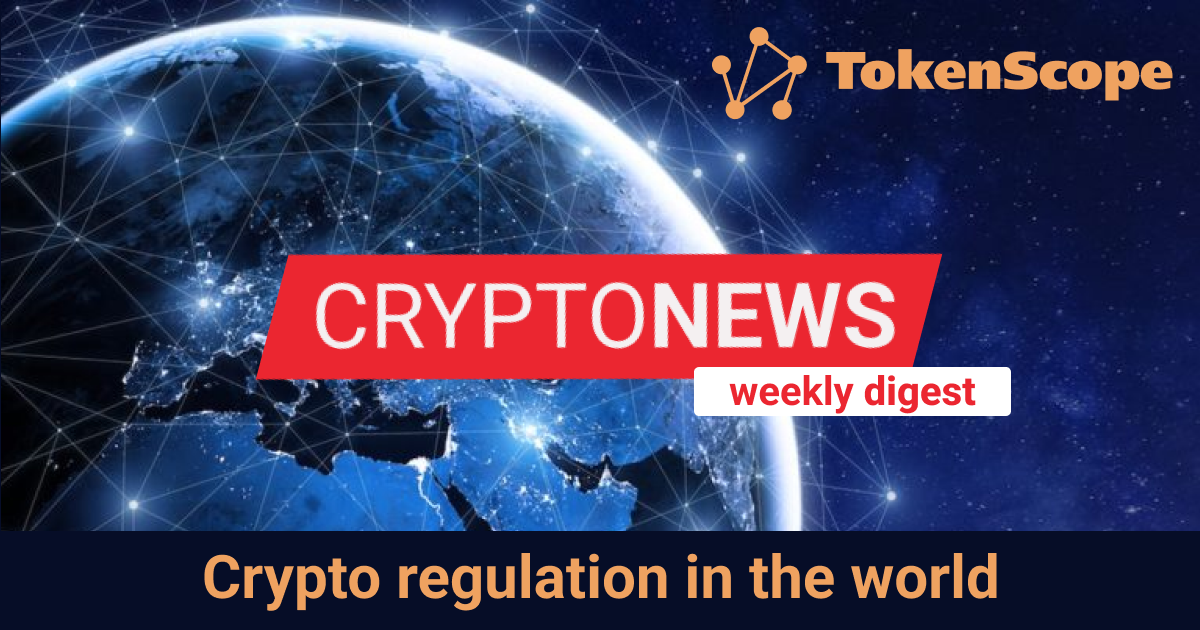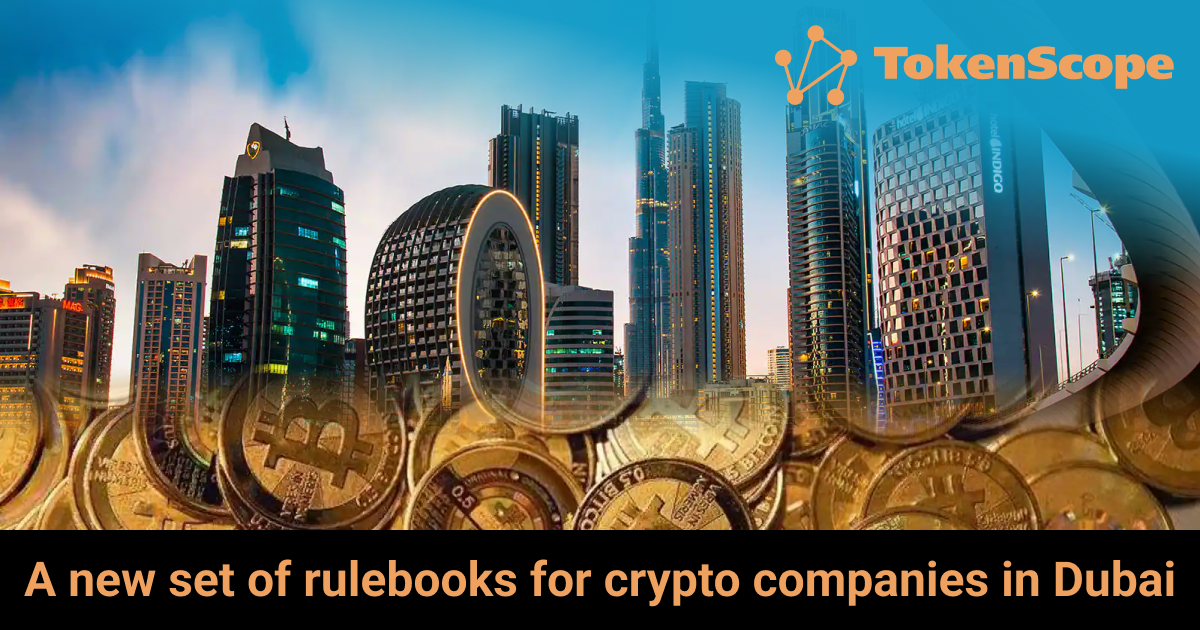Crypto regulation in the world: weekly digest #27

FTX update
The founder and former CEO of the FTX crypto exchange, Sam Benkman-Fried, who was released on bail pending trial, has posted in Substack his vision of the collapse of the exchange.
This is Bankman-Fried's first extended response to allegations of fraud and defrauding investors. In addition to federal charges, Bankman-Fried has also been sued by US SEC and CFTC for illegally offering customers unregistered securities – the FTX’s native token FTT.
The former FTX CEO claims he didn't do anything wrong, didn't steal customer funds, and didn't hide billions of dollars. Alameda Research's balance sheet rose to about $100 billion in 2021, Bankman-Fried said, but the company hasn't been able to hedge market risk sufficiently, and the fall in digital asset prices in 2022 led to an 80% decline in the market value of Alameda's assets.
Next, Changpeng Zhao began to sell the FTT token, which led to the insolvency of the exchange and its bankruptcy. Bankman-Fried also disagrees that BlockFi and Genesis, as well as the Gemini exchange, were affected by the FTX collapse. In his opinion, the same market conditions that caused Alameda Research to suffer - bankruptcies in the industry and falling prices for cryptocurrencies - led to the problems of these companies.
Meanwhile, a court of Delaware has authorized the sale of four key FTX divisions, including LedgerX, exchange clearing platform Embed, and two other exchange affiliates, FTX Europe and FTX Japan. Investment bank Perella Weinberg is allowed to proceed with the sale of companies. As of January 13, 117 investors are known to be interested in buying these organizations.
Hong Kong
We already wrote that the Hong Kong authorities have adopted legislation that introduces the concept of virtual assets and establishes mandatory licensing of crypto service providers from June 1, 2023. These rules also allow both corporate and retail clients to purchase crypto assets. The city's financial regulator, the Securities and Futures Commission (SFC), continues to develop the forthcoming legal framework and has prepared a list of crypto assets that will be available for retail investors to trade.
The Hong Kong authorities are promoting a new regulation regime for virtual asset service providers (VASPs) that should make the city more friendly to the cryptocurrency industry. In October last year, the government announced the legalization of retail transactions with cryptocurrency and its readiness to cancel the rule that only persons with a fortune of at least $1 million have rights to conduct crypto transactions.
Hong Kong is a special administrative region of China with its own rules for financial institutions. China at the end of 2021 completely banned all operations with cryptocurrencies on its mainland, including in order to fight corruption. It is obvious that the country does not want to lose this huge market and hopes that all crypto companies that previously left the country will return to Hong Kong.
Nigeria
Back in October 2021, the Central Bank of Nigeria forced all banks in the country to identify and close customer accounts that are used to buy or sell cryptocurrencies. At the same time, the Nigerian authorities are stimulating the introduction of the national digital currency eNaira. Unfortunately, this process is not continually active and less than 1% of Nigerians use eNaira. Now the authorities of the country have decided to adjust the policy about cryptocurrencies and have begun to develop a new regulatory framework.
This week, the Central Bank released a report on the modernization of Nigeria's payment infrastructure. It talks about the need to introduce regulatory legislation for ICOs and stablecoins. It will be aimed at protecting investors who engage in financing blockchain startups. The Central Bank expects to legalize tokens within the next few years.
News from other countries:
- The Bank for International Settlements (BIS) said that regulators around the world can use three different approaches to regulate digital assets: regulation, containment, and outright ban. At the same time, BIS considers regulation the most correct choice.
- In Argentina, the government has offered all citizens who own cryptocurrencies to reveal information about their assets and pay taxes for [at a reduced rate.
- In El Salvador, the Parliament passed a law on Volcano Bonds - sovereign bonds, the issuance of which will finance the construction of Bitcoin City, where Bitcoin mining will be conducted on geothermal energy.
- The US SEC continues to put pressure on crypto companies. This week Genesis and Gemini were charged with unregistered securities trading.
We continue to highlight the news of the world of crypto regulation worldwide. Please stay with us!




